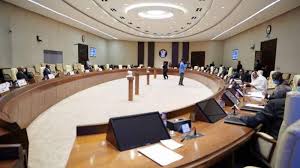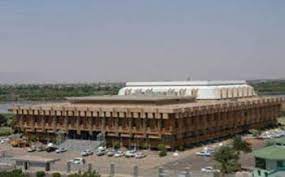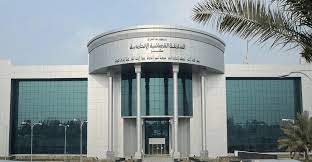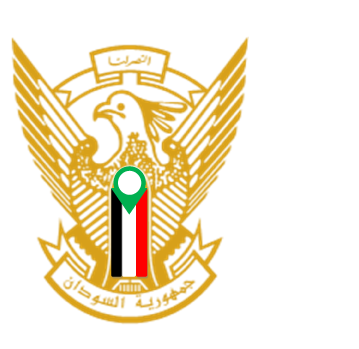THE GOVERNMENT
System of Governance

The Legislature
 Council of the General Governor for studying and approving the laws, regulations and orders issued by the General Governor, then the Advisory Council of Northern Sudan was formed in 1943 – 1948 from tribes' chiefs and religious men who were all from northe rn Sudan and chaired by the General Governor. The first legislative association was formed during 1948 – 1953 of 79 members chaired by Mohamed Salih Al - Shingeti. Most important achievements of this association were training a number of Sudanese representat ives and ministers on systems of governance, parliamentary life, governance power besides approving resolution of Britain and Egypt that stated granting autonomy to Sudan . Afterward a parliament was formed of the Senate and the Parliament of 50 members he aded by Ahmed Mohamed Yasin then by Mohamed Al - Hassan Dyab. The Parliament was formed of 97 members headed by Babikir Awad Allah. Members of the Parliament were elected via direct and indirect voting. Most important achievements of this Parliament were dec laring independence from the Parliament on 19 December 1955, Sudanization and approving Agreement of the Nile's Water. Parliament of 1958 was formed of the Senate and House of Representatives where the Senate comprised 50 members while House of Representa tives comprised 172 members whom all were elected through the direct free voting. The first constituent assembly was formed in 1965 adopting the system of chamber of deputies in formation thereof.
Council of the General Governor for studying and approving the laws, regulations and orders issued by the General Governor, then the Advisory Council of Northern Sudan was formed in 1943 – 1948 from tribes' chiefs and religious men who were all from northe rn Sudan and chaired by the General Governor. The first legislative association was formed during 1948 – 1953 of 79 members chaired by Mohamed Salih Al - Shingeti. Most important achievements of this association were training a number of Sudanese representat ives and ministers on systems of governance, parliamentary life, governance power besides approving resolution of Britain and Egypt that stated granting autonomy to Sudan . Afterward a parliament was formed of the Senate and the Parliament of 50 members he aded by Ahmed Mohamed Yasin then by Mohamed Al - Hassan Dyab. The Parliament was formed of 97 members headed by Babikir Awad Allah. Members of the Parliament were elected via direct and indirect voting. Most important achievements of this Parliament were dec laring independence from the Parliament on 19 December 1955, Sudanization and approving Agreement of the Nile's Water. Parliament of 1958 was formed of the Senate and House of Representatives where the Senate comprised 50 members while House of Representa tives comprised 172 members whom all were elected through the direct free voting. The first constituent assembly was formed in 1965 adopting the system of chamber of deputies in formation thereof.
Women were given the right of voting and being candidates for the first time in the epoch of the constituent assembly, so women were represented in the parliament for the first time, besides age of voters was reduced to be 18 instead of 21. The Parliament had passed along different forms until it concluded to th e current form. The current Sudanese parliament is the fourth national assembly formed under CPA signed in Naivasha on the 9 th of January 2005.
The Judiciary
 In the first epoch the Judiciary was a part of the Executive Power but in the second epoch it was separated from the Executive Power although extent of its independence is always a point of controversy throughout all eras. Administration of the Government of Sudan during the colonial government was different from administrations of the other British colonies, for instead of having a senior secretary who was responsible of the whole administration before the Governor and entrusted with the import ant issues, there were three secretaries in Sudan:
In the first epoch the Judiciary was a part of the Executive Power but in the second epoch it was separated from the Executive Power although extent of its independence is always a point of controversy throughout all eras. Administration of the Government of Sudan during the colonial government was different from administrations of the other British colonies, for instead of having a senior secretary who was responsible of the whole administration before the Governor and entrusted with the import ant issues, there were three secretaries in Sudan:
